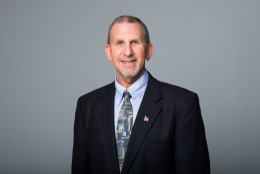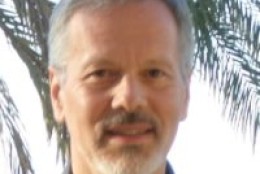Technology
-
Ron Ross, a fellow at the National Institute of Standards and Technology, and Bob Bigman, a retired CIA chief information security officer and now president of 2BSecure, a consulting firm, made the case for the public and private sectors to move to trustworthy computing more quickly during presentations before the Commission on Enhancing National Cybersecurity.
August 29, 2016 -
The Government Accountability Office has decided on six of the 14 remaining protests, dismissing five and denying one, for the Human Capital and Training Solutions (HCaTS) contract.
August 29, 2016 Bill Lemons, director, Federal Systems Engineering at Juniper Networks, joins host John Gilroy to discuss how his company can help data center managers operate more effectively and reach their agency goals. August 30, 2016
August 27, 2016-
The National Park Service is celebrating its centennial by going international, embracing digital culture and exploring new ways of fundraising and promoting itself.
August 26, 2016 -
Carol Mullins, the associate commissioner for the Office of Technology and Survey Processing for the Labor Department’s Bureau of Labor Statistics, said the bureau’s effort to reduce its servers, applications and other IT components is coming to fruition over the next year.
August 26, 2016 -
Diving in the Navy rarely involves clear, blue water, sunlight and admiring the skates. It's mostly in the dark, and in dangerous environments. To help divers see, do more work and work more safely, the Navy is developing special equipment placed inside a diver's helmet. Dennis Gallagher, program manager at the Naval Surface Warfare Center's Panama City Division, joined Federal Drive with Tom Temin to talk about the new gear.
August 25, 2016 -
The Defense Department continues to be concerned about counterfeit parts making their way into weapons systems and virtually everything else it buys. The worries are that fake parts could cause mission critical systems to fail unexpectedly.
August 25, 2016 -
To better cybersecurity, government agencies are starting the change the way they authenticate identities.
August 25, 2016








